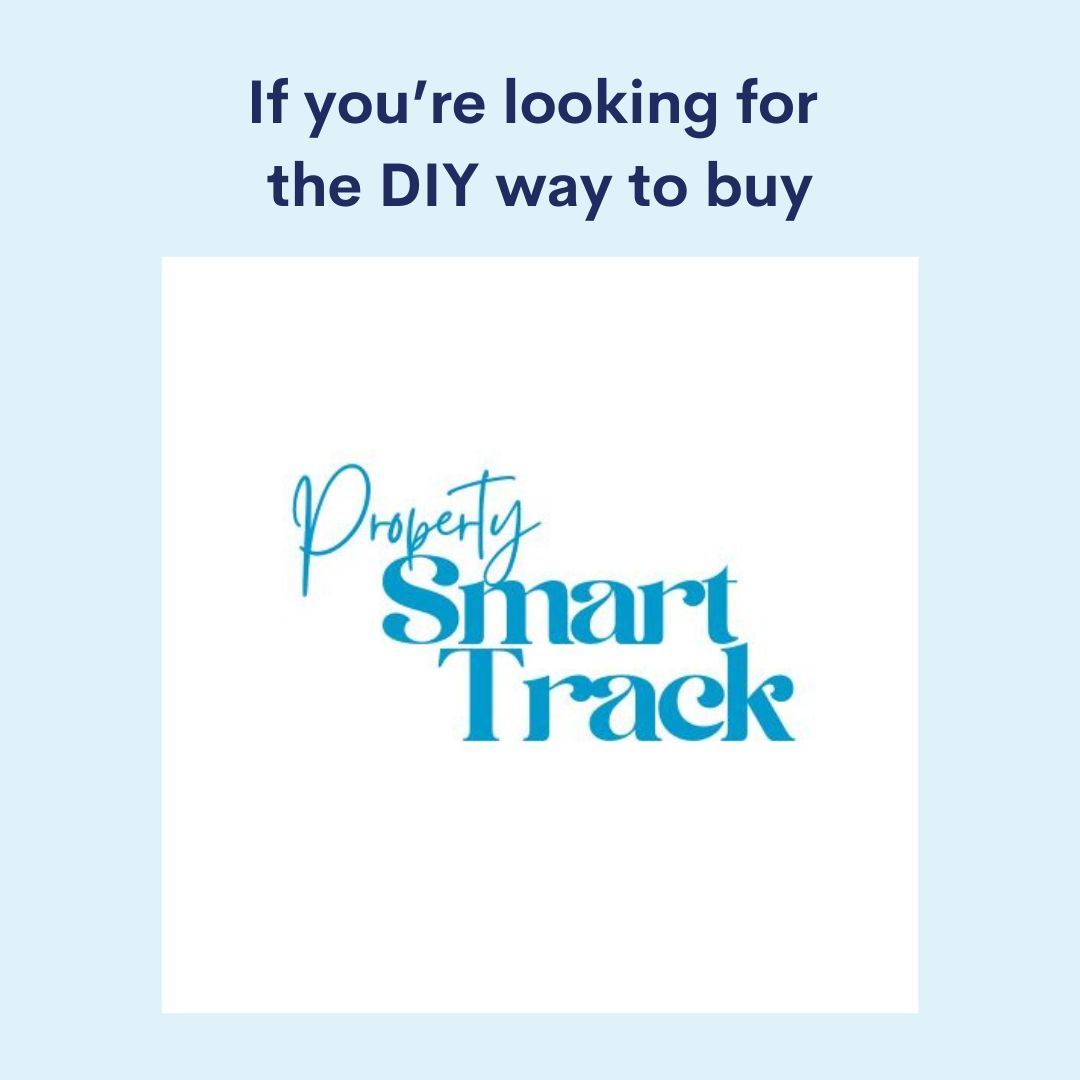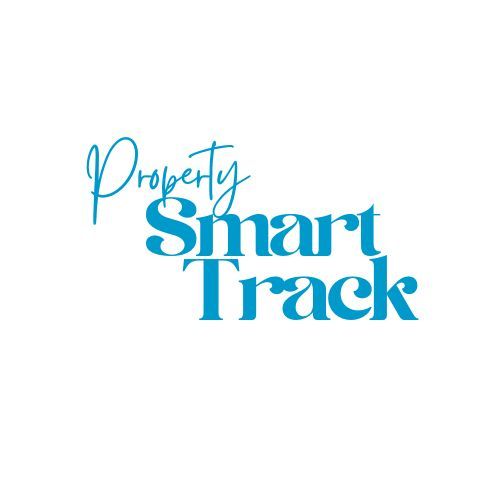Why Queensland just became the best State to buy in

After years of providing nothing but the bare details of a property, from 1 August 2025, the way property is sold in Queensland will change with the introduction of a new statutory seller disclosure regime.
The new regime has been designed to improve transparency and consistency in property transactions, ensuring buyers receive key information about a property before they sign a contract. Whether you’re buying or selling residential property, it’s essential to understand what this new regime means for you.
What Is the Seller Disclosure Regime?
Under these new laws, a seller must provide a buyer with the following before the buyer signs a contract:
- a completed and signed Form 2 Seller Disclosure Statement; and
- all prescribed certificates relevant to the property.
These documents must be accurate and up to date at the time they are given to the buyer. The disclosure statement must be signed by the seller and can be signed electronically. The regime applies to all contracts entered into on or after 1 August 2025, regardless of when the property was listed for sale.
What must be disclosed?
The information required to be disclosed includes property details that are pivotal to a buyer making their purchase decision. Some examples of the information include:
- Seller’s name
- Property address
- Lot and plan description
- Whether the property is part of a community titles scheme or BUGTA scheme
Title Details and Encumbrances
- Title search and survey plan
- Registered and unregistered encumbrances (e.g. easements, leases, oral agreements)
- Statutory encumbrances (e.g. infrastructure access rights)
- Tenancy history and rent increases
Land Use, Planning and Environment
- Zoning under the local planning scheme
- Notices of transport infrastructure proposals or resumptions
- Environmental contamination notices
- Tree orders and heritage listings
Buildings and Structures
- Pool safety compliance
- Owner-builder work and required notices
- Show cause or enforcement notices from local authorities
Rates and Services
- Most recent rates and water service charges
- Whether the property is exempt from rates or has no separate water notice
Community Titles or BUGTA Schemes
- Community management statement
- Body corporate certificate or explanatory statement
Why Is This Important for Buyers?
The new regime gives buyers the opportunity to review important information about a property before committing to a contract. This helps buyers make informed decisions and reduces the risk of post-contract disputes.
Buyers should carefully review the full contract and all attachments. If anything is unclear or concerning, they should seek legal advice before signing the contract. The disclosure statement includes a warning that buyers may not be able to terminate the contract later if they discover issues that were disclosed but not understood.
Buyers should also be aware that the disclosure statement does not cover everything. For example, it does not include information about:
- Flooding or natural hazard history
- Structural soundness or pest infestation
- Building or development approvals
- Asbestos presence
- Utility connections
Buyers are encouraged to conduct their own due diligence, including building and pest inspections, flood searches, planning checks and searches on any other relevant matters.
Termination Rights
Failure to comply with the disclosure requirements can have serious consequences. If the seller does not provide the disclosure documents before the buyer signs the contract, or if the documents are inaccurate or incomplete in relation to a material matter, the buyer may have a statutory right to terminate the contract at any time before settlement. This is a major change because it means buyers can terminate even after the cooling period has ended.
Great News for Buyers
This is a significant shift for Queensland property contracts, positioning the State as a national leader in transparency and buyer protection. The REIQ and Queensland Government deserve full credit for driving this improvement – particularly as Queensland continues to grow in popularity among property buyers, who can now buy with much more clarity.
About the Author
Debra Beck-Mewing is the CEO of The Property Frontline and Editor of Property Portfolio Magazine. With over 20 years of experience buying property across Australia, Debra is a skilled property strategist and buyers agent known for uncovering tailored opportunities — from family homes to multi-use investments.
She has deep expertise in advanced strategies including renovations, granny flats, sub-division, and development. A Qualified Property Investment Advisor (QPIA®), licensed real estate agent, and holder of a Bachelor of Commerce and Master of Business, Debra combines strategic insight with hands-on experience.
Debra is the creator of the Property Smart Track™ – Australia’s only interactive, in-the-moment support system for property buyers, designed to help buyers cut through the chaos and buy with confidence. She also leads Buy Like A Genius™, a premium end-to-end buyers’ agency service for busy professionals seeking expert property acquisition without the stress.
As a passionate advocate for greater transparency in the property and wealth industries, Debra is a sought-after speaker, author, podcast host, and participates on numerous committees including the Property Owners’ Association.
Download your guide
Start Buying - Stop Crying
There’s plenty of opportunities if you’re trying to buy a property in the current market, and the news gets better if you qualify for financial assistance packages.
DON'T GUESS, STRESS OR OVERPAY
Learn how to turn the market in your favour no matter where it heads next, by using the tips included in our guide.
We hate SPAM. We will never sell your information, for any reason.






